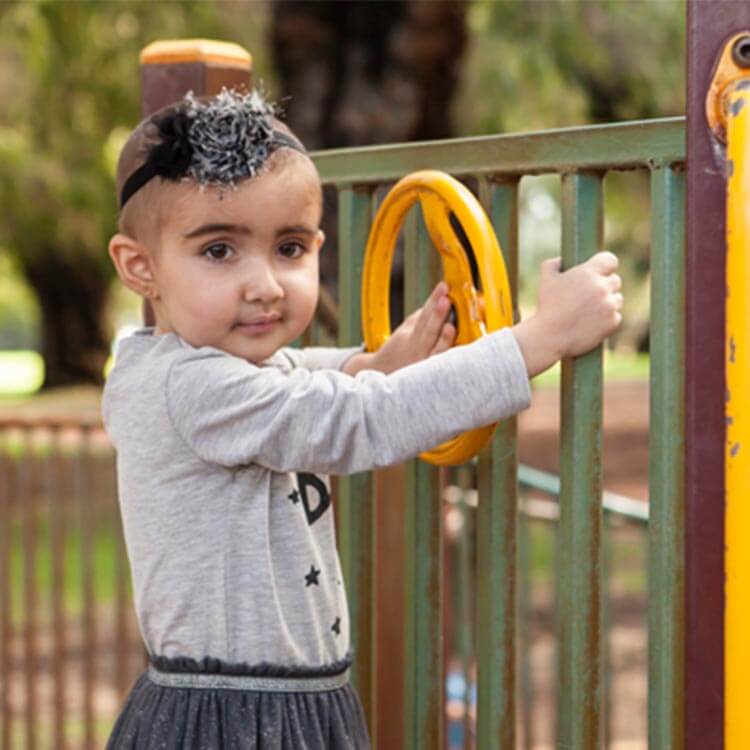Search

Research
Evaluation of the Community Playgroup ProgramThis evaluation explored the facilitators & barriers that influence Community Playgroup attendance, and the impact of attending playgroups on child development.
Research
Pathogens on the rise: is impaired immunity the cause of chronic ear and chest infections?Ruth Elke Peter Thornton Seppanen Richmond PhD BSc PhD MBBS MRCP(UK) FRACP Co-head, Bacterial Respiratory Infectious Disease Group (BRIDG) Program
Research
Patient-Reported Outcome Measures for Acute Lower Respiratory Infection (ALRI-PRO): Developing and Establishing Content ValidityPatient (or parent/carer proxy) Reported Outcomes (PROs) are those reported from a patient perspective, capturing how they feel, function, or survive.
Research
PATRIC: Pragmatic Adaptive Trial for Respiratory Infections in ChildrenChristopher Peter Tom Blyth Richmond Snelling MBBS (Hons) DCH FRACP FRCPA PhD MBBS MRCP(UK) FRACP BMBS DTMH GDipClinEpid PhD FRACP Centre Head,
Research
PELICAN: Prematurity’s Effects on the Lungs in Children and Adults NetworkThe PELICAN (Prematurity’s Effects on the Lungs in Children and Adults Network) Clinical Research Collaboration was launched by the European Respiratory Society (ERS) in 2020
Research
Penicillin Levels for Rheumatic Heart Disease Study – Remote CohortAsha Jonathan Bowen Carapetis AM BA MBBS DCH FRACP PhD GAICD FAHMS OAM AM MBBS FRACP FAFPHM PhD FAHMS Head, Healthy Skin and ARF Prevention Executive
Research
Pertaprime: An investigator-driven phase II-III randomised, observer-blind, controlled trial to demonstrate non-inferior immunogenicity of Pertagen® in comparison to Boostrix® in healthy young Australian adults aged 18-25 yearsJennifer Peter Kent Richmond RN MBBS MRCP(UK) FRACP Clinical Research Manager Head, Vaccine Trials Group Jennifer.Kent@thekids.org.au Clinical
Research
Pharmacokinetics of intramuscular versus subcutaneous administration of Benzathine Penicillin GBenzathine penicillin G (BPG) has been in use since the 1950s for treatment of skin infections, bacterial pharyngitis, syphilis and prevention of recurrent episodes of acute rheumatic fever (ARF)
Research
PIFA - Pertussis and Food allergy, a case-cohort study of the association between pertussis vaccination in infancy and the risk of IgE-mediated food allergyPat Peter Tom Holt Richmond Snelling PhD, DSc, FRCPath, FRCPI, FAA MBBS MRCP(UK) FRACP BMBS DTMH GDipClinEpid PhD FRACP Emeritus Honorary Researcher
Research
Piloting a self-compassion program to promote physical and psychological wellbeing in youth with T1DAmy Keely Liz Asha Finlay-Jones Bebbington Davis Parkinson BPsych(Hons), MPsych(Clinical), MHealthEcon, PhD (Clin Psych) MClinPsych/PhD MBBS FRACP
